Photo: Jonathan Hillyer
The Twin Creeks Science and Education Center, situated in the Great Smoky Mountains National Park, is a 15,000-square-foot facility designed to enhance both research and education focused on biodiversity and conservation. As a key part of the Park’s All Taxa Biodiversity Inventory, the center includes educational classrooms and flexible workspaces that serve researchers, students, and community scientists. These spaces are specifically designed to foster learning about the park’s diverse ecosystems, supporting hands-on education through direct interaction with ongoing research and the park’s extensive natural history collections. The building’s design also encourages sustainability education by incorporating features like bio-retention of stormwater, daylight harvesting, and natural ventilation, providing a working model of ecological design. These elements, combined with the facility’s curatorial and laboratory spaces, create an environment that bridges formal research and public engagement in science and conservation education.
Gatlinburg, TN
LEED Gold
15,000 sf
Mass-timber, Cultural Site, Research, Environmental Sciences
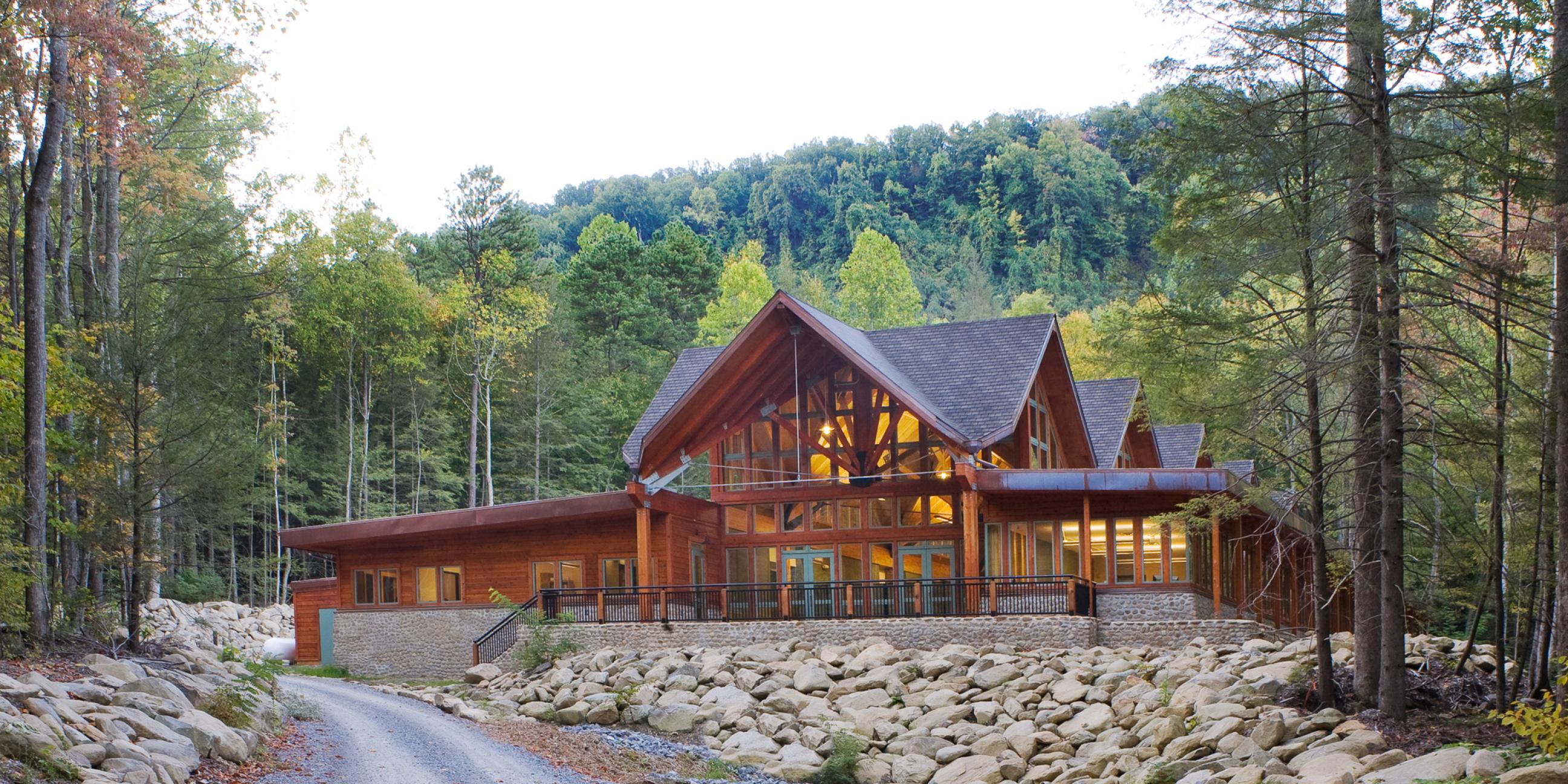
Photo: Jonathan Hillyer
“The building will facilitate our massive survey efforts, help us gain the scientific knowledge that is essential for effective preservation, and allow us to share that knowledge with the public. In addition, Lord Aeck Sargent has worked hard to achieve our project mission for a site-sensitive, sustainable facility that will be a model for other resource-based science facilities."
— Keith Langdon, Former National Park Service Supervisory Biologist
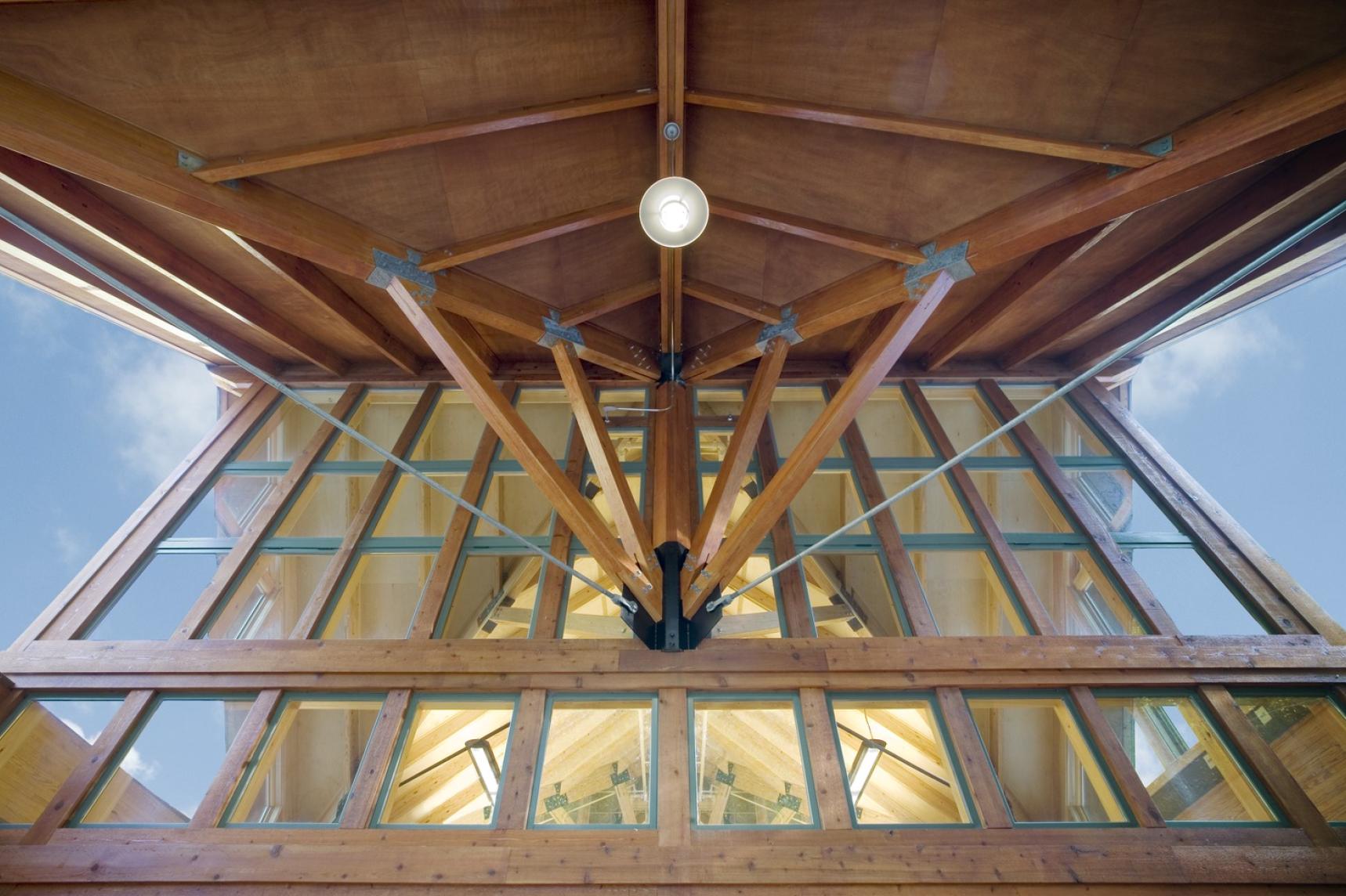
Photo: Jonathan Hillyer
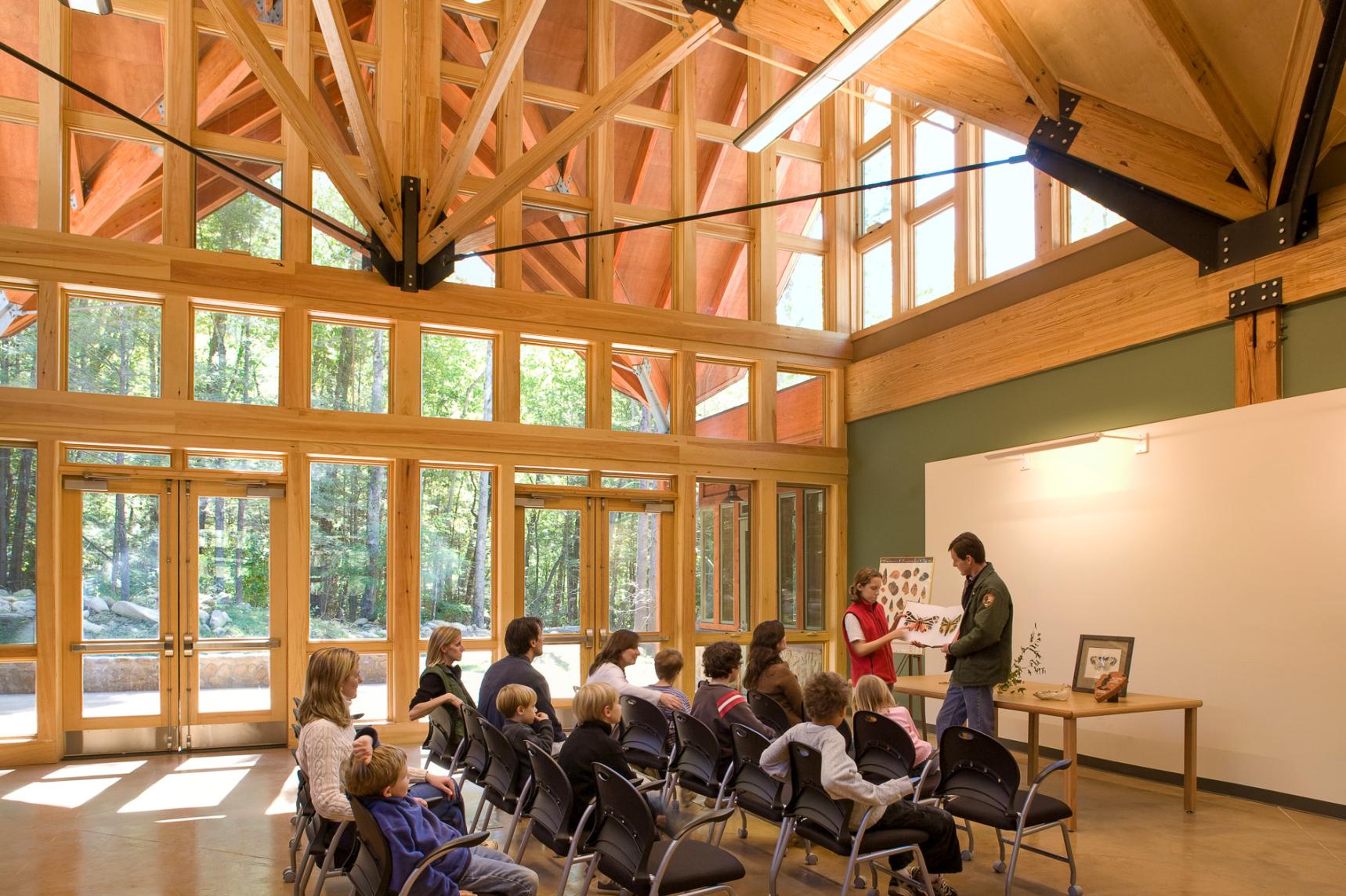
Photo: Jonathan Hillyer
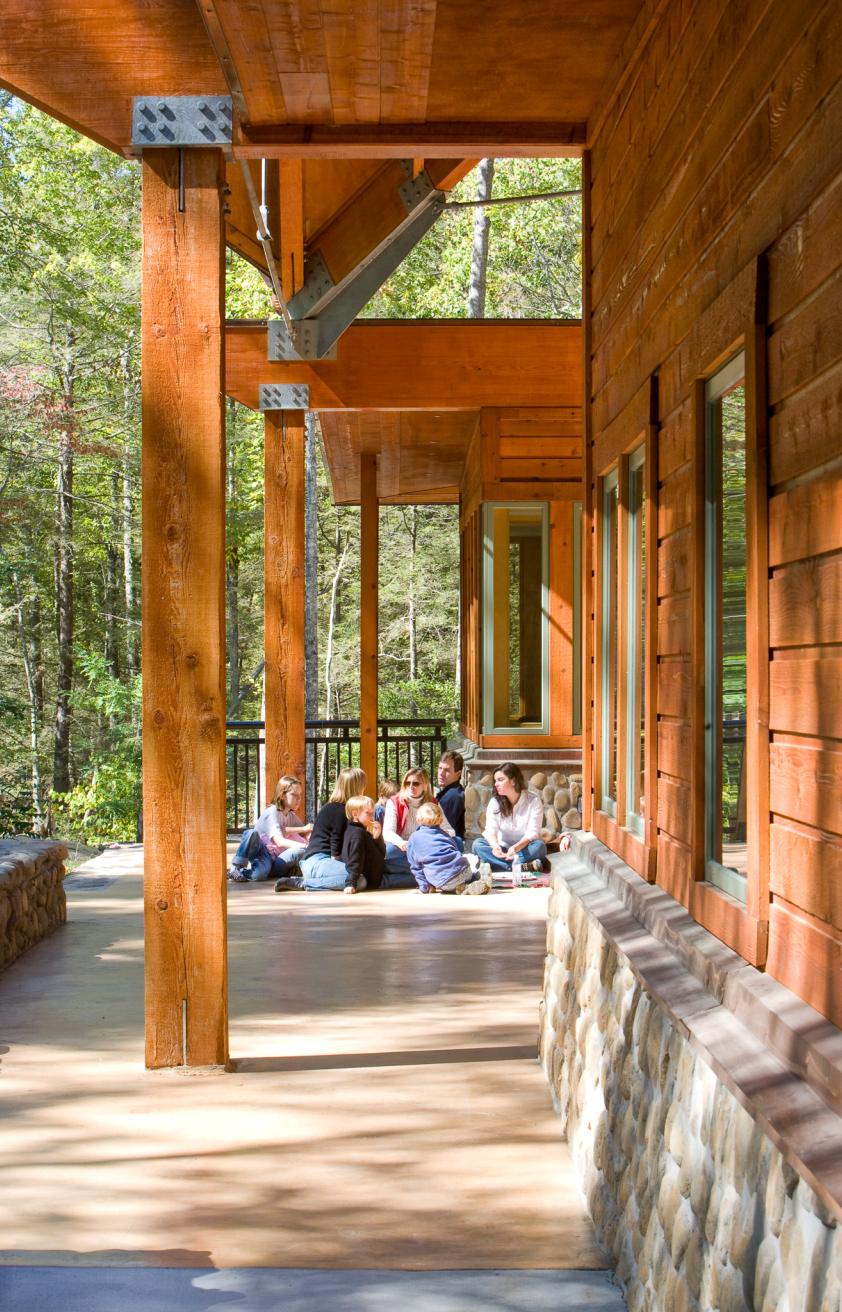
Photo: Jonathan Hillyer
Sustainability Honor Award
AIA Huron Valley
—
Greenprints Conference Showcase Winner
AIA Atlanta COTE
—
Governmental Excellence in Design Award Finalist
Environmental Design + Construction Magazine
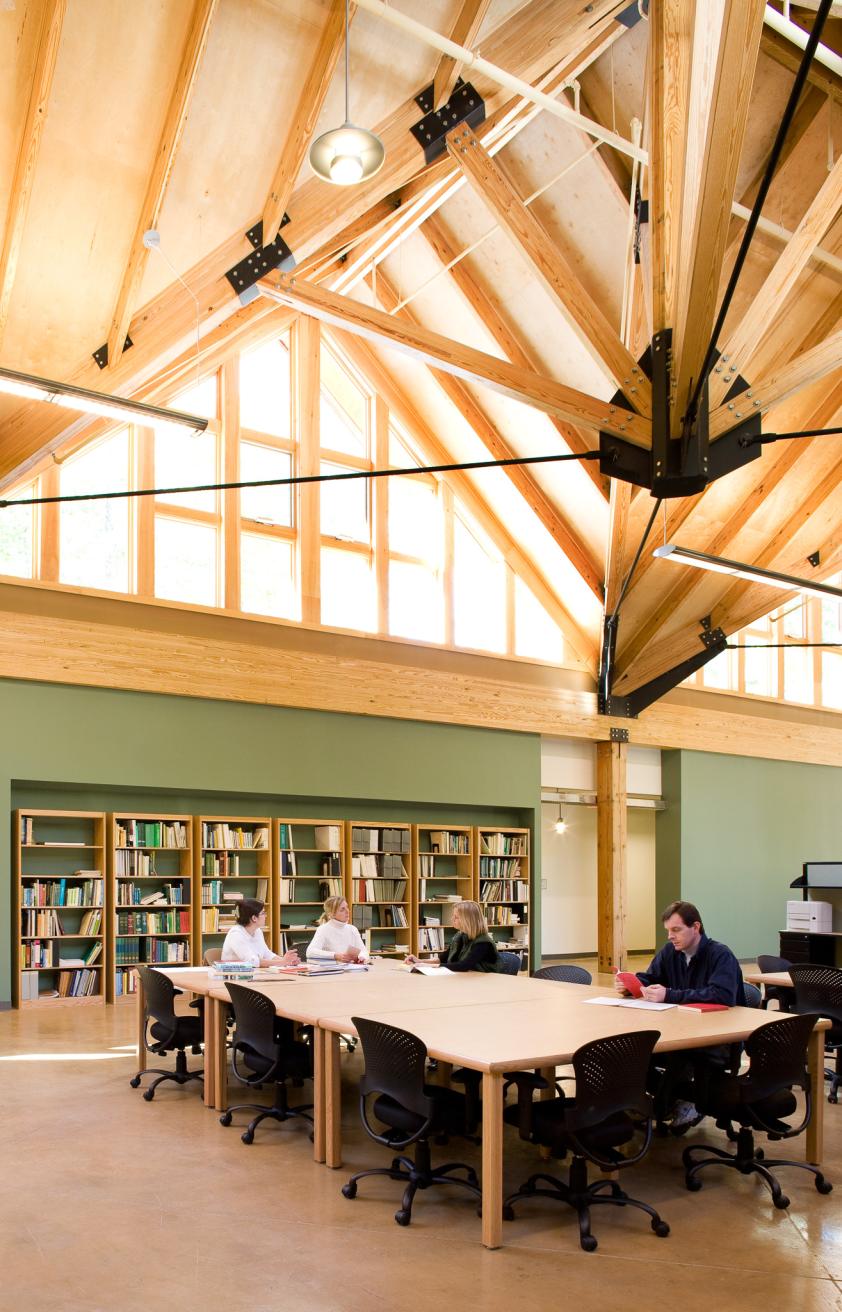
Photo: Jonathan Hillyer
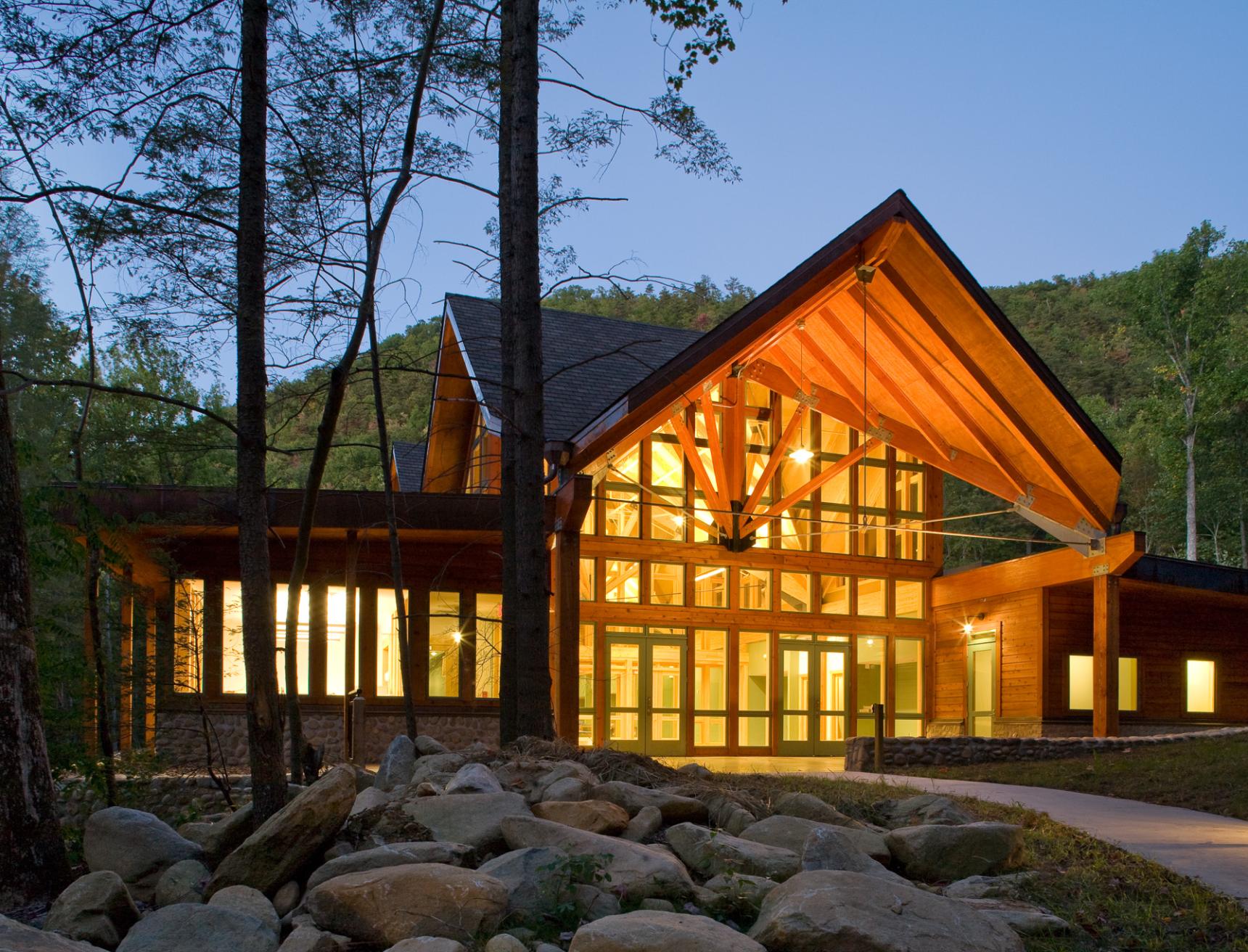
Photo: Jonathan Hillyer